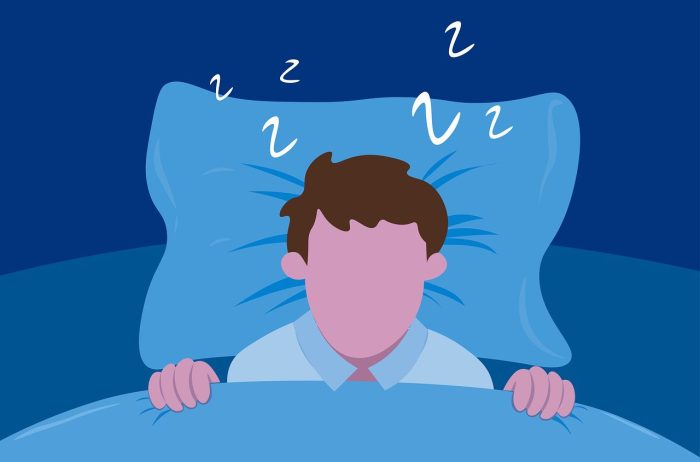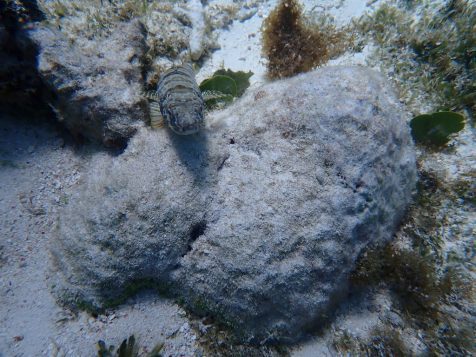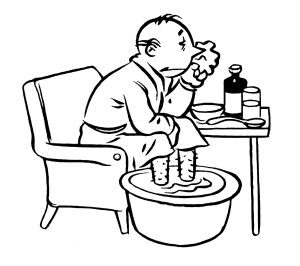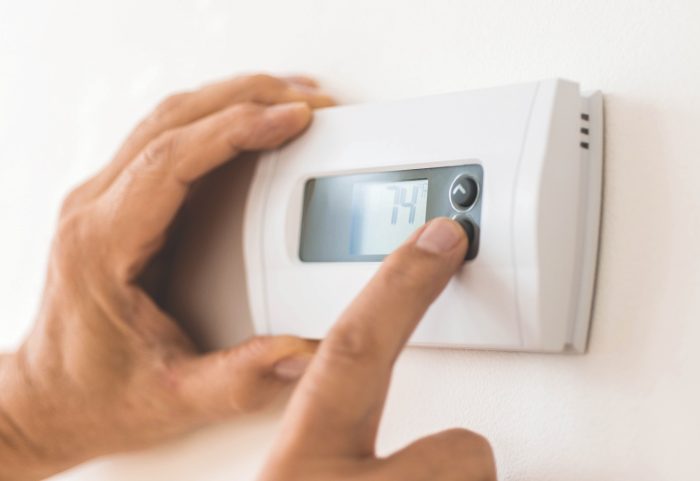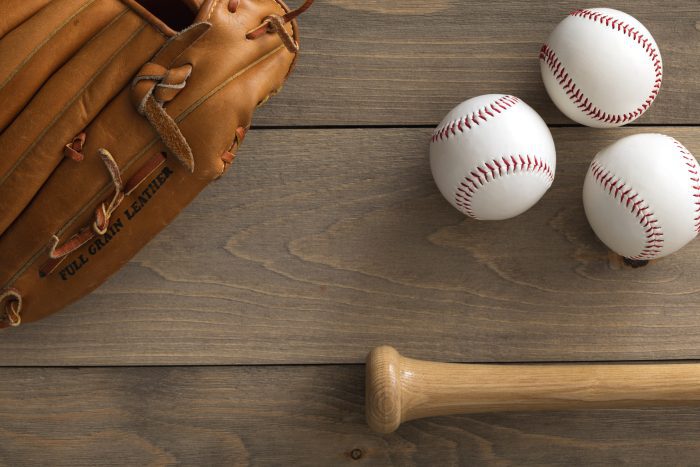By Daniel Dunaief

People don’t generally get married at 9 a.m, with an active, energetic and all-out party that follows immediately after the magical ceremony and that lasts until 3 pm.
No, big events like weddings, birthday parties and even smaller gatherings, like, oh, I don’t know, a pickleball tournament, sometimes start late in the evening and end some time after midnight.
Those are, as we all know, the typically festive party hours, when we welcome, as loudly as we can, the married couple for the first time to the dance floor, when we yell into each other’s ears standing feet from the trumpet and trombone players and when we cheer for the heartfelt sentiments of friends and family who share moving anecdotes about the people at the center of attention.
But what if, like me, you’re a morning person? What if, as the night goes on and everyone else becomes increasingly giddy, the inner child in you begs to go to bed because you know, no matter how hard you try to block out the morning light or to sleep in as late as possible, you will arise early the next morning?
For the past few incredible weekends, in which I visited my son in college where we played in a late night pickleball contest that ended around 1 a.m. and then traveled to celebrate a family wedding for a beloved cousin whom I’ve known since she was four, I have desperately tried to force my mind and body to push through the fatigue.
I recognize, of course, that people can’t and don’t sleep when their bodies and minds demand, such as when they are working several shifts or jobs to pay the bills, when they are taking care of someone late at night, or when an illness keeps them from getting the rest they need. These are clearly much harder and more real challenges than playing in a sporting event or celebrating with family.
I also realize that the academic and working world is geared towards morning people. Important tests and meetings can start as early as 8 a.m., when night owls would otherwise prefer to cruise into the final few hours of a restful sleep. Standardized tests also never started at 10 p.m. Someday, maybe some circadian scientist will offer to give tests at different blocks of time and see if scores improve for those who self select into their hourly wheelhouse.
I recall my first experiences with activities that extended well past midnight. Decades ago, I attended an all night dance to raise money for a worthy cause. I wasn’t sure how I’d do at 2 a.m. or 3 a.m., when my body demanded time to recharge and shut down.
Fortunately, my high school friends and I took cat naps and, once the sun appeared, my system came back to life.
High school ski trips also typically left the school parking lot some time around 2 or 3 a.m., which was tough on those who drove us to school, especially if they had early morning activities the next day. After greeting everyone at the bus, I slept against the window, waiting until the sun flicked my “on” switch back into position.
During the recent late night pickleball games and wedding, I did my best to rally beyond my daily routine.
The first few games of pickleball went well, as the excitement of competition and of spending time with my son more than compensated for my fatigue.
The toughest words that night were “let’s run it back,” which my son and his friends said after each game. That meant one more game which turned into at least five more. By the end of the night, I felt like I was playing on four flat tires and I was swatting helplessly at the ball. I definitely cost us the final game, which my son accepted with remarkably good nature.
Fatigue didn’t interfere noticeably at the wedding, particularly because I threw myself around the floor to some of the final songs, including Madonna’s “Like a Prayer.”
The after party at the hotel, however, pushed my limit. When someone nearby lit up a cigar, the scent of which overwhelmed my system, I couldn’t continue to stay awake and ignore the smell.
While I didn’t hang out and chat in the lobby until the last moment of the post party gathering, I made it past 2 a.m., which is as late as I can get before closing my eyes for “just a second” turns into a few hours of much needed rest.

